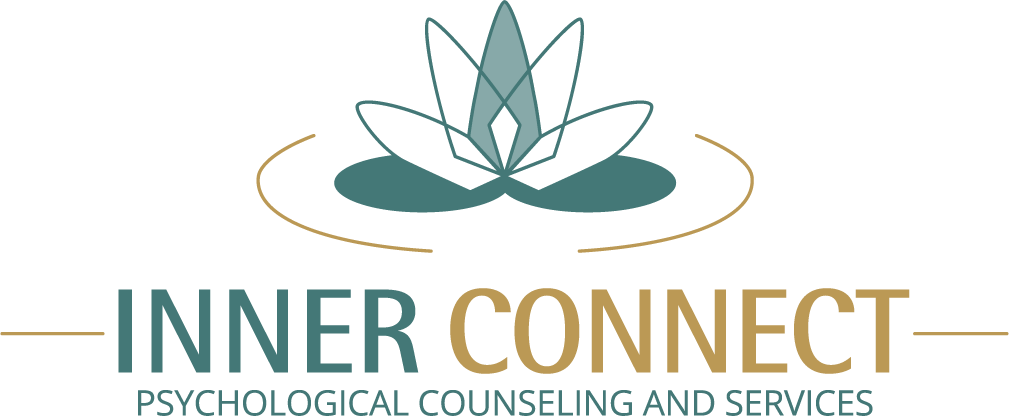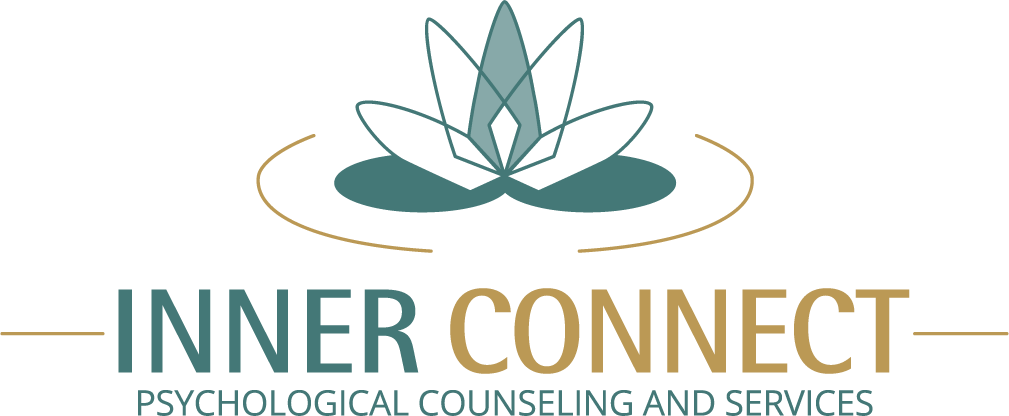time as per IST (Indian Standard Time)
July 2024
Mon
Tue
Wed
Thu
Fri
Sat
Sun
1
2
3
4
5
6
7
8
9
10
11
12
13
14
15
16
17
18
19
20
21
22
23
24
25
26
27
28
29
30
31
welcome
We specialise in providing the best quality psychological therapy in the comfort of your home, online via audio and/or video calls.

